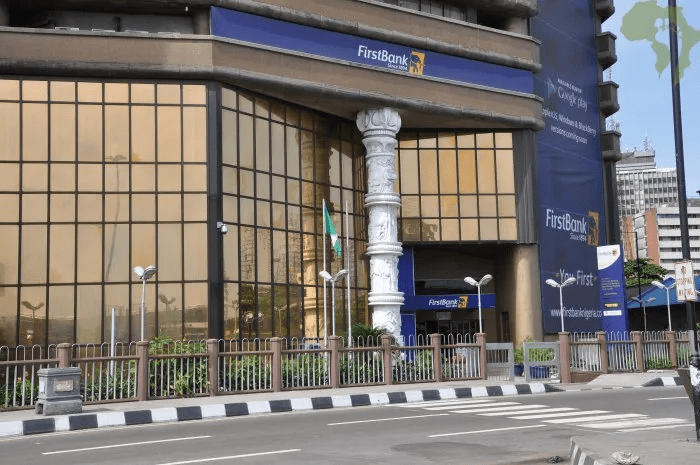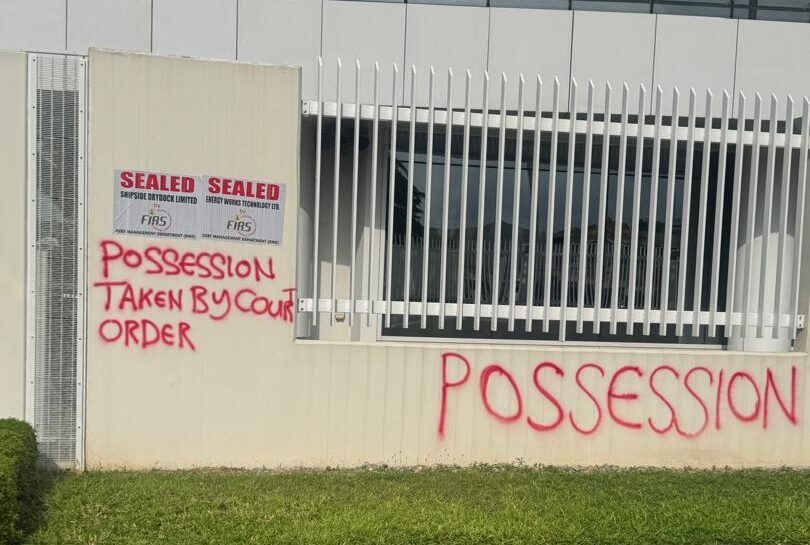It will be difficult, unless he enters into strategic alliances that broaden his reach across diverse regions, argues KALU OKORONKWO
In 2023, Peter Obi, former Governor of Anambra State and presidential candidate of the Labour Party (LP), changed Nigeria’s political narrative by transforming what began as an underdog campaign into a national phenomenon. With limited structure and modest funding compared to the political behemoths of the All Progressives Congress (APC) and the People’s Democratic Party (PDP), he redefined political mobilization and citizen engagement in modern Nigerian politics.
His message of fiscal prudence, ethical governance, and youth driven innovation resonated deeply across Nigeria’s urban centers. For millions of disillusioned young people, Obi represented integrity in a system perceived as morally bankrupt.
His youth led platform, codenamed the “Obidient Movement,” transcended ethnicity and religion. Nigerians in the diaspora also became an integral part of his base, united by frustration over corruption, insecurity, and stagnation. By all accounts, Peter Obi remains one of the most consequential political figures of Igbo extraction in Nigeria today.
The streets, social media, and polling units bore witness to a movement that disrupted decades of political dominance. For the first time, an alternative platform challenged the old order with credibility and conviction and Obi became a symbol of hope.
However, as 2027 approaches, the question is not whether Peter Obi still matters, it is whether he can rekindle the fire that once made him the heartbeat of a people’s revolution.
The 2023 elections redefined Obi’s political identity. What began as a modest bid by a relatively small opposition party quickly evolved into a powerful movement that captivated millions, especially the youth. The Obidient Movement was more than a campaign, it was a revolt of conscience. Obi’s calm intellect, disciplined rhetoric, and unblemished record as former governor of Anambra State offered a refreshing alternative to a political elite long characterized by impunity and self-aggrandizement.
Social media became the virtual headquarters of the revolution, while the ballot boxes reflected its physical manifestation. The movement broke ethnic and religious barriers, igniting hope that competence and character could triumph over patronage and power blocs.
In Obi, many Nigerians saw a leader who spoke the language of accountability in a country exhausted by excuses, a rare moment when hope translated into measurable political gains.
To understand what must be reawakened, we must first examine what was built. Under Obi’s leadership in 2023, the Labour Party achieved unprecedented milestones. It won its first governorship seat in Abia State, where Dr. Alex Otti polled 175,467 votes, defeating the PDP’s Okey Ahiwe, who garnered 88,529 votes. LP also won 10 out of 17 local government areas in the state.
At the national level, the LP secured 8 Senate seats out of 109 and 34 House of Representatives seats out of 360. In the Abia State House of Assembly, LP won 10 out of 24 seats, closely trailing the PDP, which won 11.
Obi’s influence was particularly strong in urban centers and across the Southeast. He dominated in Anambra, Abia, Enugu, Ebonyi, and Imo States, while making significant inroads in Lagos and the FCT, reflecting his strong urban and youth appeal.
A broader breakdown of the 2023 election shows clear regional patterns. Peter Obi (LP) overwhelmingly dominated the Southeast and performed impressively in parts of the South-South and urban Southwest. Atiku Abubakar (PDP) maintained strongholds in the Northeast and parts of the North-Central, leveraging PDP’s long-established political machinery. Bola Ahmed Tinubu (APC) swept through the Southwest and secured victories across large sections of the Northwest and parts of the North-Central.
In summary, Obi’s 2023 appeal was urban, youth-driven, and concentrated in the South, while Tinubu and Atiku relied on distinct regional bases, Tinubu in the Southwest and North, Atiku in parts of the North where PDP structures remain strong.
The final tally told its own story: Tinubu (APC) – 8,794,726 votes, Atiku (PDP) – 6,984,520 votes and Obi (LP) – 6,101,533 votes.
While Tinubu’s plurality secured victory, the results revealed an important truth: each candidate’s strength was regionally concentrated, producing sharply contrasting electoral geographies and post-election dynamics.
For Obi to convert his 2023 momentum into a viable 2027 comeback, his strategy must be twofold: Expand his geographic base beyond the South and urban enclaves by making meaningful inroads into the North-Central and parts of the core North.
Institutionalize his political machinery by building a disciplined party structure capable of contesting power at local, state, and national levels between elections.
Obi’s moral case remains persuasive, but unless it is paired with strategic alliances that broaden his reach across diverse regions, the electoral arithmetic will not change.
Two years after the polls, however, the “Obi fire” flickers with uncertainty. The Labour Party, once the symbolic vehicle of people’s aspirations is showing visible cracks: internal wrangling, weak leadership cohesion, and the defection of lawmakers at both state and national levels.
His reported alliance talks with the Action Democratic Congress (ADC) and other opposition elements ahead of 2027 further blur his strategy. The uncertainty is worsened by the parallel ambition of former Vice President Atiku Abubakar, who is reportedly eyeing the same opposition platform for what may be his last presidential run.
Peter Obi, the moral compass and rallying figure of the Obidient Movement, has so far remained indecisive about direction. His reluctance to build solid post-election alliances or reorganize the Labour Party into a disciplined and ideological force has left many followers disillusioned.
Movements, no matter how organic, cannot survive indefinitely on emotion alone, they require structure, coordination, and continuity. Without these, passion fades into nostalgia and nostalgia does not win elections.
Across the world, youth-driven populist leaders have sustained momentum by institutionalizing their movements.
Emmanuel Macron built En Marche! into a formidable centrist force in France.
Nelson Mandela’s ANC turned mass mobilization into organized political power that birthed South Africa’s democracy.
Barack Obama’s “Yes We Can” campaign evolved into Organizing for America, ensuring sustained civic engagement.
They all had one thing in common: structure. They didn’t just ride waves of enthusiasm, they built enduring vessels that carried their vision beyond electoral cycles. Obi, by contrast, appears caught between idealism and pragmatism, torn between being a moral crusader and a political strategist. The longer he hesitates, the more the tides of political realism may erode the momentum of 2023.
Meanwhile, President Bola Ahmed Tinubu, a political tactician with a deep grasp of Nigeria’s power calculus, continues to consolidate his base. His strategic appointments, alliances, and quiet outreach to former rivals reveal a man playing long-term politics.
By 2027, Tinubu will likely command a formidable incumbency network fortified by loyalty and patronage. To challenge that, Obi will need more than charisma, he will need coordination, coalition, and conviction.
Given the foregoing, Obi must begin now to position himself for a strong comeback by institutionalizing his chosen political platform. The sooner he decides, the easier it will be to reorganize and reenergize his movement. His current cautious or indifferent posture could prove costly because, for him, silence is anything but golden.
He must also strengthen local party structures, build a sustainable financial base, and create systems that reward loyalty and commitment rather than sentiment.
Obi must assert firm leadership over lawmakers and officials who rode on his platform to victory, ensuring they remain loyal to the ideals that brought them to power. He should establish clear structures of accountability, offering real incentives for commitment while enforcing meaningful consequences for defection or betrayal.
Furthermore, he should identify strategic partners; smaller parties, civil society groups, and reform minded elements from the PDP and APC and formalize alliances, particularly in swing states and weaker regions.
To remain relevant, Obi must engage with citizens beyond election years, maintaining visibility and involvement in issues of insecurity, economic hardship, and corruption. His movement was born out of these grievances, it must continue to speak to them.
He should also craft a compelling narrative for 2027: one that highlights what was won, what was lost, what must change, and offers concrete policy alternatives rather than mere slogans.
The potential remains real. Obi proved in 2023 that a deep hunger for change exists across Nigeria. He showed that the Labour Party could move from the margins to winning a governorship, National Assembly seats, and state legislators. But to return with the fury of the masses, he must not just replicate those gains, he must sustain and expand them.
If Obi enters 2027 with clear alliances, stronger structures, grounded messaging, and consistent leadership, he could once again shift Nigeria’s political landscape. But if not, the 2023 movement may remain a high watermark rather than a launching pad.
The 2023 election proved that Peter Obi can inspire millions and redraw political expectations. But it also revealed the limits of enthusiasm without structure. Tinubu’s victory was not merely about money or manipulation; it was about organization and reach. Atiku’s performance showed that old political machines still matter.
If Obi hopes to return with the fury of the masses, he must translate passion into structure, while turning viral enthusiasm into boots on the ground across Nigeria’s diverse regions.
The 2023 results show where he was strongest and where he was weakest. For 2027, the question is whether he can fix those weaknesses in time and whether the movement that shook Nigeria in 2023 can evolve into a lasting political force.
As the masses reminisce, Obi must act now.
Okoronkwo is a communications strategist and a good governance advocate, kalu.okoronkwo@gmail.com



